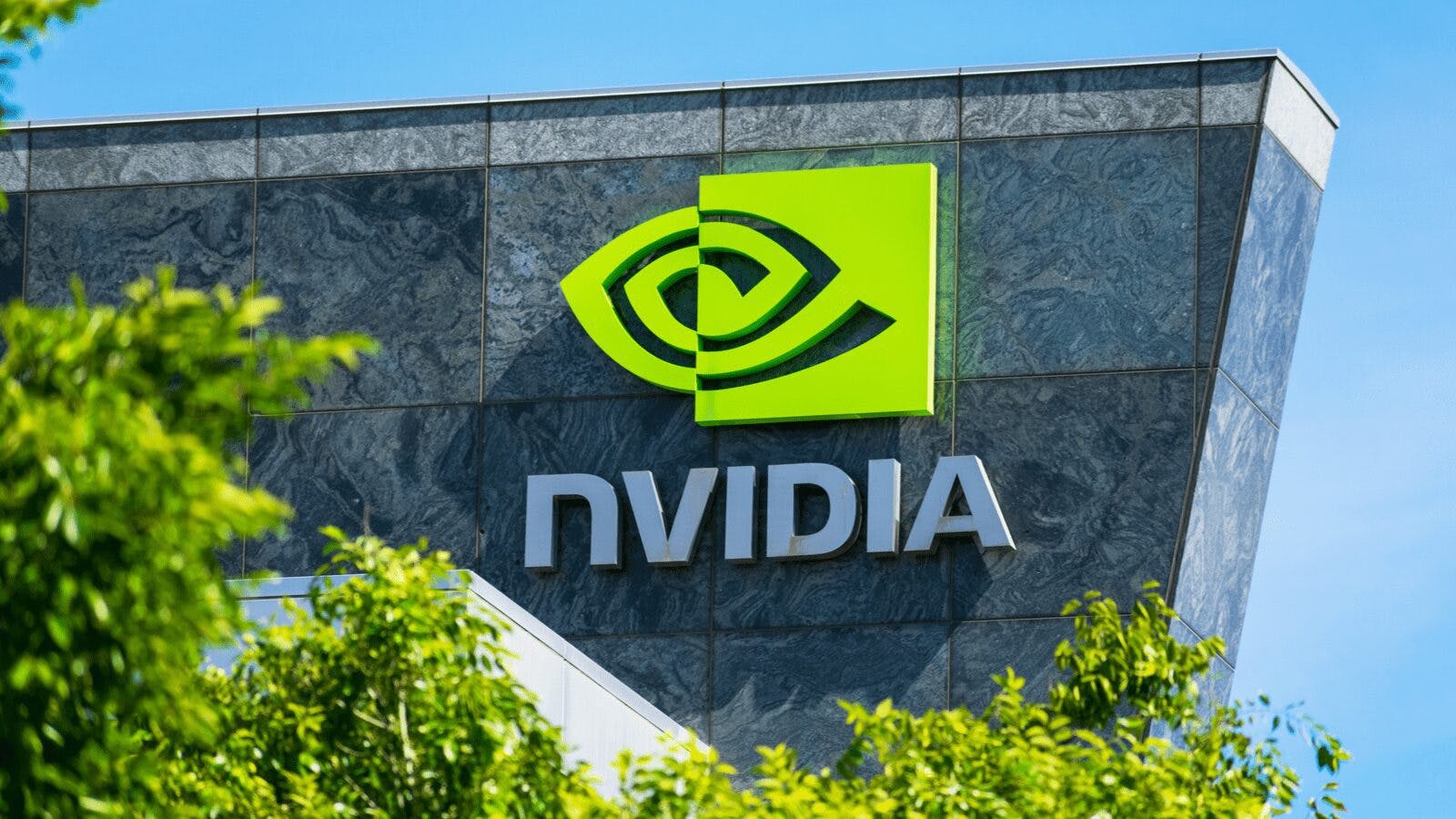Nvidia To Pay SEC $5.5M for Allegedly Failing to Disclose Crypto Revenue Boost
Nvidia misled investors when it failed to communicate crypto mining’s key role in its gaming business throughout 2018, according to the SEC

Source: Shutterstock
- It’s one of the biggest penalties to date imposed by the SEC on a gaming company
- The gaming giant did not admit or deny guilt as a condition of the settlement
Gaming giant Nvidia will pay the SEC $5.5 million for allegedly failing to properly disclose cryptocurrency mining’s impact on its revenue.
The SEC found Nvidia hadn’t communicated that cryptocurrency mining was a “significant element of its material revenue growth” throughout 2018.
The Santa Clara company’s processors were designed and marketed for gaming, but customers found they were also efficient at generating new cryptocurrency, particularly ethereum.
In particular, the SEC highlighted two Nvidia disclosures from 2018 which reported “material” revenue growth in its gaming business, even though Nvidia knew that growth was significantly driven by crypto mining.
“Despite this, NVIDIA did not disclose in its Forms 10-Q, as it was required to do, these significant earnings and cash flow fluctuations related to a volatile business for investors to ascertain the likelihood that past performance was indicative of future performance,” the SEC said in a press release.
Regulators considered the alleged omission misleading, as Nvidia had already disclosed the extent at which other parts of its business were boosted by crypto demand. The US securities watchdog said it created the impression that Nvidia’s gaming sector was not significantly affected by cryptocurrency mining.
Nvidia stock almost doubled between September 2017 and September 2018, a heady period for crypto markets powered by bitcoin’s first-ever surge to $20,000.
The company’s chipsets remain popular among miners, much to the dismay of gamers. Nvidia has even introduced so-called hash rate limiters on its newer models in a bid to curb high prices and low supply worldwide.
“NVIDIA’s disclosure failures deprived investors of critical information to evaluate the company’s business in a key market,” said Kristina Littman, who runs the SEC Enforcement Division’s Crypto Assets and Cyber Unit.
Nvidia settled without admitting or denying the allegations. The firm’s share price fell around 4% during intraday trading on Friday after news of the settlement broke.
Get the news in your inbox. Explore Blockworks newsletters:
- The Breakdown: Decoding crypto and the markets. Daily.
- 0xResearch: Alpha in your inbox. Think like an analyst.






